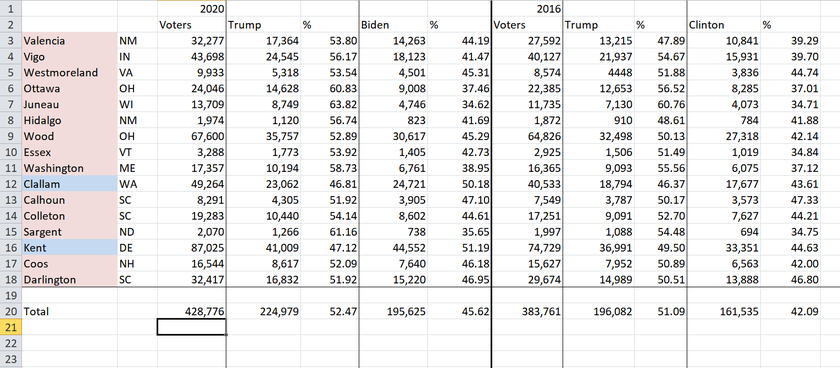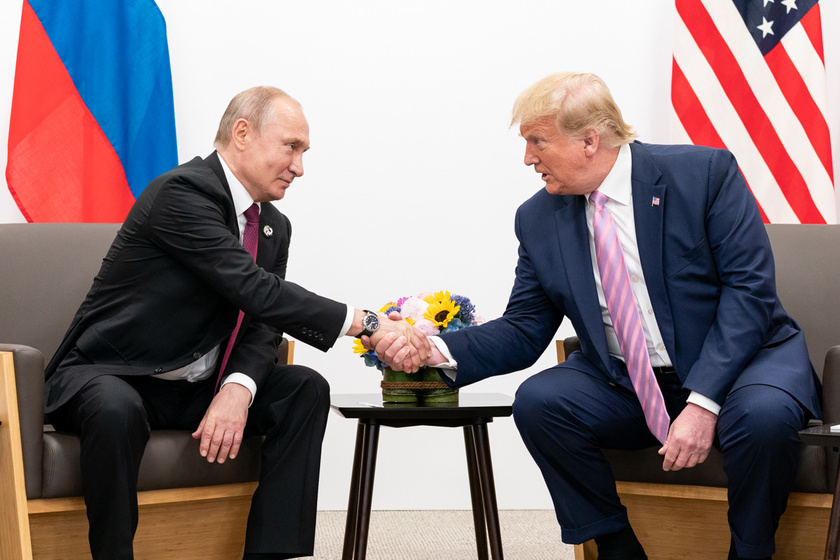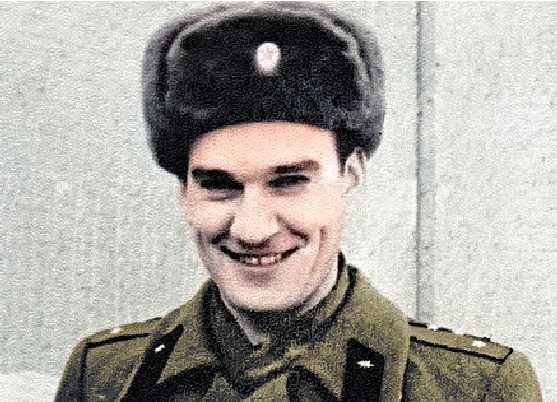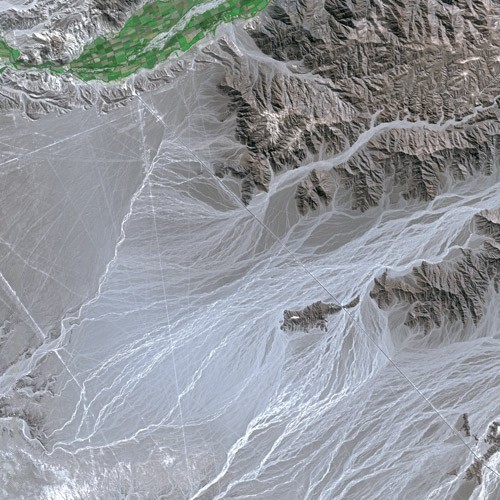
People think that the Wikipedia is not a reliable source because anyone can edit any article.
📣 Actually, Wikipedia is an excellent source for information. However, it is important to learn how to use it effectively. Here are a couple of examples of how to dig into a Wikipedia article:
- You can check the Wikipedia article in other languages and cross-check the information using Google Translate. The information on the same subject may vary significantly depending on the language in which it is written.
- You can go through the history of Wikipedia article edits and compare the information. You may discover that some essential information was removed by an editor.
I plan WIKI to be a series of articles on the Debunked, where debunking can be done solely using Wikipedia.
Russian Collusion was an alleged interference between the Trump campaign and Russia to interfere in 2016 elections. The Mueller report "did not establish that members of the Trump campaign conspired or coordinated with the Russian government in its election interference activities".
https://en.wikipedia.org/wiki/Mueller_report
Let’s check out the Wikipedia article on “The Washington Free Beacon” - an American conservative political journalism website launched in 2012.
https://en.wikipedia.org/wiki/The_Washington_Free_Beacon
Wikipedia says “From October 2015 to May 2016, the Washington Free Beacon hired Fusion GPS to conduct opposition research on "multiple candidates" during the 2016 presidential election, including Donald Trump. The Free Beacon stopped funding this research when Donald Trump had clinched the Republican nomination. Fusion GPS would later hire former British intelligence officer Christopher Steele and produce the Steele dossier that alleged links between the Trump campaign and the Kremlin.”
What we get from the Wikipedia is:
- The Free Beacon was founded at the beginning of 2012.
- The Free Beacon hired Fusion GPS to find compromising info on Trump.
- Once Trump clinched the nomination, The Free Beacon stopped funding the Fusion GPS; Clinton campaign hired Fusion GPS via the Perkins Coie law firm to find compromising info on Trump.
- Fusion GPS hired former British Intelligence officer.
Now let’s check Wikipedia for the Fusion GPS.
https://en.wikipedia.org/wiki/Fusion_GPS
Fusion GPS was co-founded in 2011, very close to when the Free Beacon was founded. We cannot rule out the possibility that both are part of a single scheme created before the 2012 elections.
After the Free Beacon funded Fusion GPS research, the Clinton campaign funded the same research (through the Perkins Coie law firm).
https://en.wikipedia.org/wiki/Perkins_Coie
The scheme was: a Conservative outlet hired a research firm that hired former British intelligence during the Republican primary. After the Republican primary, the same research firm was hired by the Democratic nominee campaign. This doesn’t make sense.
- There is no such thing as “former intelligence officer”.
- How the conservative outlet and Democratic campaign are related to each other?
Just a little fix should be made to the scheme above to make it look right. Actually we just need to change the perspective.
How it could make sense:
💣British intelligence hired the Free Beacon to pose as a hiring party for opposition anti-Trump research during the Republican primary. British intelligence also hired Fusion GPS to pose as a contractor to do the research, which British intelligence itself conducted. Steele was used to pose as a "former" guy. Once Trump clinched the nomination, the Clinton campaign replaced the Free Beacon as the hiring party, since it no longer made sense for a conservative outlet to fund anti-Trump research.
While the above theory may seem like a conspiracy (maybe it is - who knows?), it connects all the dots.
The Bellwether Counties argument is frequently cited on Twitter as evidence of an anomaly in the 2020 elections. In 2020, Trump won the popular vote in bellwether counties but lost the election, whereas in 2016, he won both the popular vote in these counties and the election.
The argument states: there are 15-20 bellwether counties, and the candidate who wins the popular vote in these counties will win the General Election.
This concept is flawed since the winner of the General Elections is not decided by the popular vote but by the Electoral College.
Interestingly, there is only one county in the United States that has consistently voted for the winner of the presidential election since 1980: Clallam County, WA.
I have identified 16 bellwether counties that have allegedly predicted the winner. Among them are three counties in South Carolina (Calhoun, Colleton, and Darlington), two in Ohio (Ottawa and Wood), and two in New Mexico (Valencia and Hidalgo).
What do bellwether counties predict, and what do they ...

On September 26, 1983, Stanislav Petrov, a duty officer who was stationed in the nuclear early-warning system of the Soviet Union saw a big RED BOLD message all over the screen - 5 missiles launched from bases in the United States.
Petrov saved the world by not reporting them to his superiors, and instead dismissed them as a false alarm. This was a breach of his instructions, a dereliction of duty. The safe thing to do would have been to pass the responsibility on, to refer up.
https://en.wikipedia.org/wiki/Stanislav_Petrov
https://www.bbc.com/news/world-europe-24280831
After the collapse of the Soviet Union, the story did get into the press. Mr Petrov received several international awards. But he does not think of himself as a hero 😆
"That was my job", he says. "But they were lucky it was me on shift that night."
📣 The story has all attributes of a classic hoax: only one source, no witnesses, unnecessary visual details that make the story sound more trustworthy.
🧵 Context 1: ...
I've got some feedback on my post "Ancient Nazca Lines" where I speculate that Nazca lines geoglyphs (drawings) are not ancient but the creation of the 20th century.
https://debunked.locals.com/post/4353626/hh5-ancient-nazca-lines
Wikipedia for Nazca lines mentions that Pedro Cieza de León and Luis Monzón mentioned Nazca lines in the 1550s and 1580s 😁
Let's look up Pedro Cieza de León in Wikipedia.
https://en.wikipedia.org/wiki/Pedro_Cieza_de_Le%C3%B3n
- Most parts of his book were published in the 19th and 20th century.
- Pedro Cieza de León mentions paths and not geoglyphs/drawings.
Luis Monzón's report from the 1580s was published in 1881. Luis mentions that he was told by the locals about "paths".
According to what was published Pedro Cieza de León and Luis Monzón did not see any geoglyphs even those that were visible from the ground 😌
For example the drawing of a cat was "discovered" only in the 21th century while it is visible from the ground (attached).
Both ...























